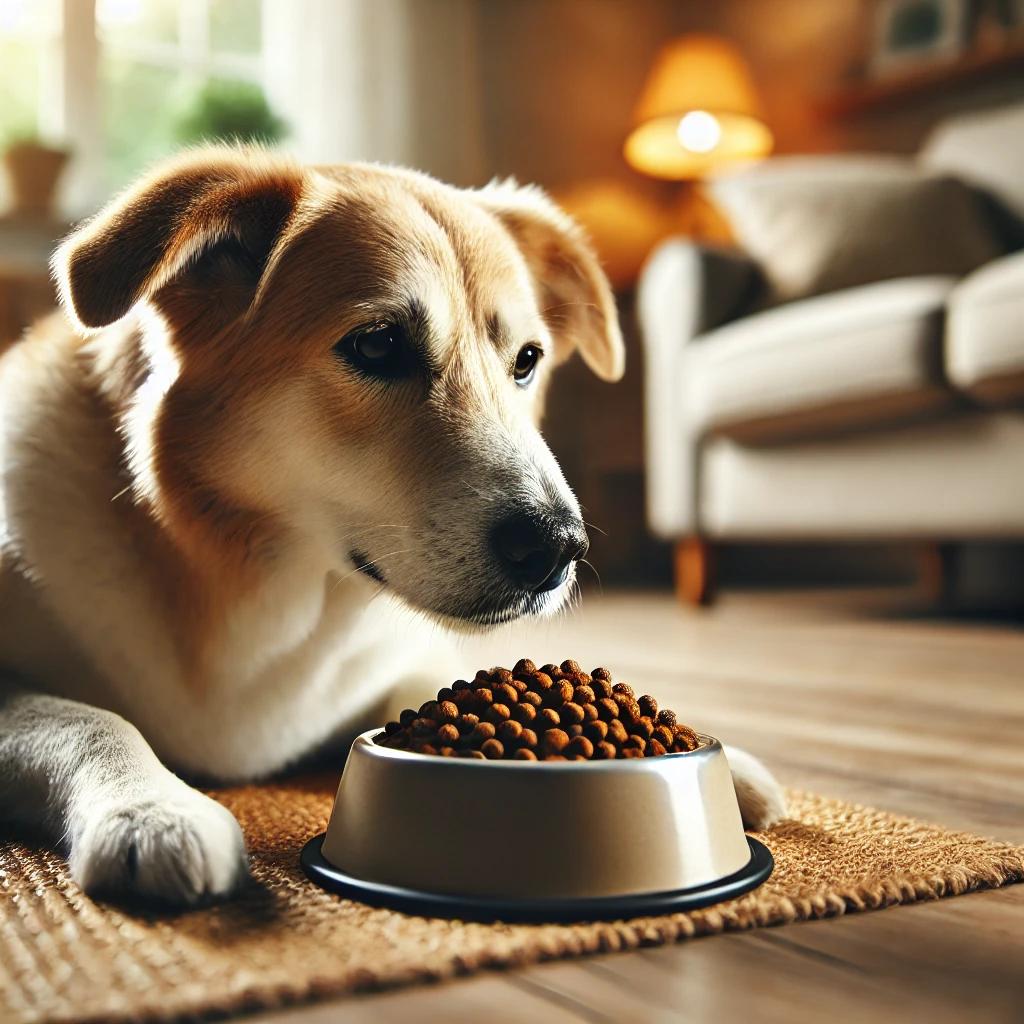When a dog is diagnosed with cancer, nutrition becomes even more critical in supporting their health and strength. By providing a balanced, carefully tailored diet, you can help maintain their energy, support the immune system, and improve their quality of life. Here are some effective dietary tips for dogs facing cancer.
1. Prioritize High-Quality, Nutrient-Dense Foods
Cancer can increase a dog’s metabolic demands, so feeding them nutrient-dense foods is essential. Nutrient-rich foods provide essential vitamins and minerals, helping meet their energy needs in smaller portions. This approach is especially beneficial when dogs face reduced appetite or struggle to eat large meals.
Suggested Foods: Chicken, eggs, leafy greens, and nutrient-dense vegetables like carrots.
2. Limit Carbohydrates in Their Diet
Cancer cells often rely on glucose as an energy source, so reducing carbohydrates in your dog’s diet can help limit the available fuel for tumor growth. Minimizing carbs while providing essential nutrients can help keep your dog’s blood sugar balanced, reducing the energy supply to cancer cells.
Good Alternatives: Replace high-carb foods with protein sources and healthy fats. Avoid grains and starchy vegetables like potatoes.
3. Incorporate Healthy Fats and High-Quality Proteins
Proteins and fats are the backbone of a cancer-friendly diet. High-quality proteins support muscle retention and immune function, while healthy fats provide a sustainable energy source and help your dog feel satisfied. Fatty acids, especially those from fish oil, also have anti-inflammatory properties, which may help support their overall health.
Suggested Sources:
- Fats: Fish oil, coconut oil, flaxseed oil.
- Proteins: Turkey, fish, lean meats, and eggs.
4. Regularly Monitor and Adjust
Every dog’s needs are unique, so it’s essential to observe how your dog responds to their diet. Monitor for any signs of digestive upset or changes in energy levels, and adjust portion sizes or ingredients as needed. Working with a vet or nutritionist can ensure that your dog’s diet meets their specific needs as they manage their health.
A well-planned, high-quality diet can make a significant difference for dogs facing cancer. By focusing on nutrient density, reducing carbs, and incorporating healthy fats and proteins, you can support your dog’s strength and well-being. Consult with a veterinary professional to create the best diet plan for your pet’s unique health journey.

